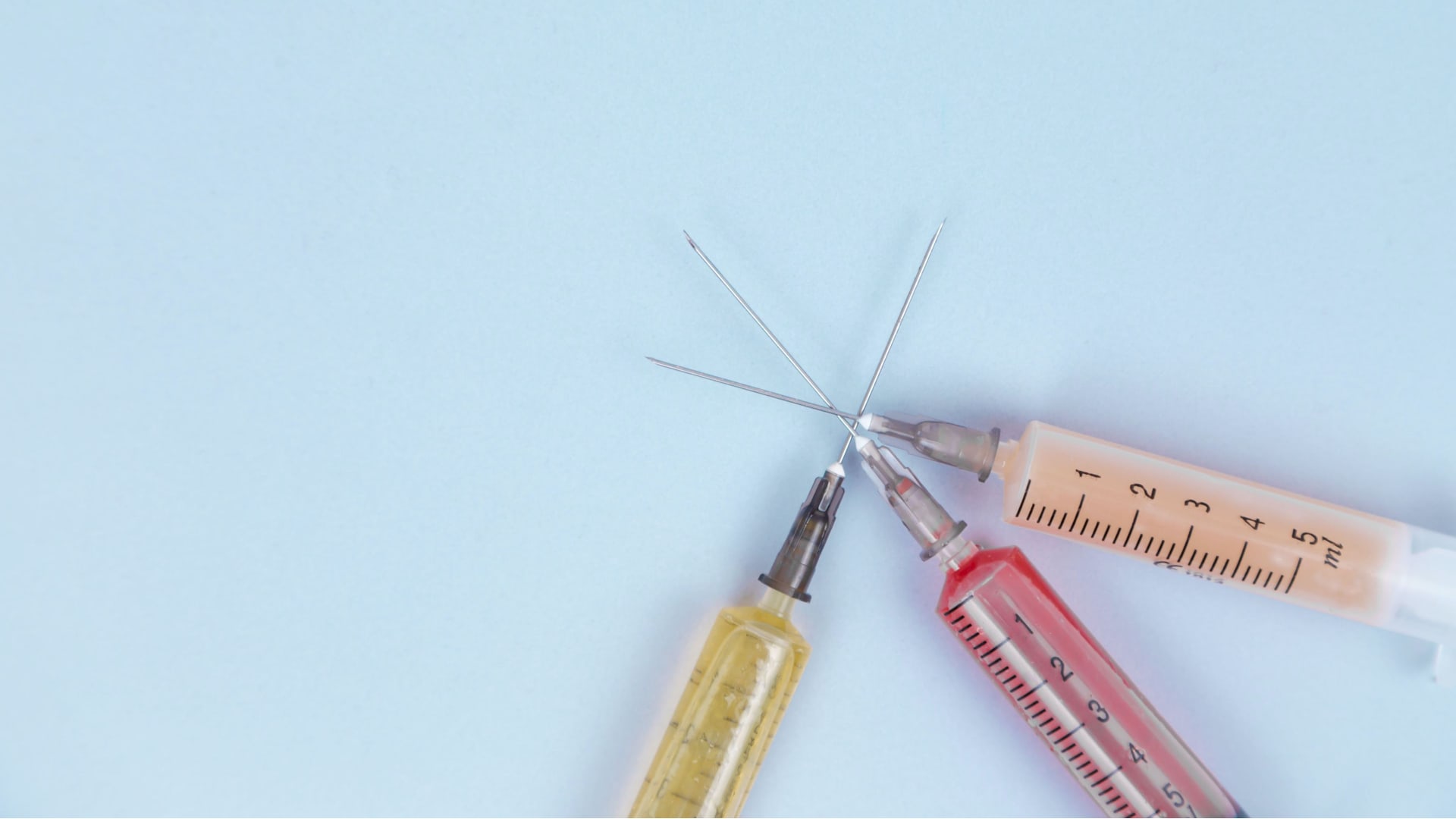In a historic step, pharmaceutical company, Moderna, announced last week that it has administered the first doses of an experimental Human Immunodeficiency Virus (HIV) vaccine as part of a clinical trial.
In a released statement last week, Moderna said the first doses of an HIV vaccine were administered as part of a clinical trial called IAVI G002. The vaccine is said to deliver HIV-specific antigens to the body in hopes that it will induce an immune response.
The clinical trial is taking place at four sites across the country, including George Washington University in Washington, D.C., the Hope Clinic of Emory Vaccine Center in Atlanta, the Fred Hutchinson Cancer Research Center in Seattle and the University of Texas-Health Science Center at San Antonio.
Each site has enrolled 56 healthy, HIV-negative adult volunteers. Moderna says 48 of the participants have gotten one or two doses of the HIV mRNA vaccine, while 32 of them have received the booster HIV shot with one does of the HIV mRNA vaccine. An additional eight volunteers only got the booster shot by itself.
Moderna researchers will monitor the participants’ safety six months after their last vaccination and the immune responses for those who received a vaccine.
The new HIV clinical trial is being funded in part by the Bill & Melinda Gates Foundations and a partnership with International AIDS Vaccine Initiative, a nonprofit scientific research organization.
In a study conducted in 2018, about 700,000 people have died of HIV/AIDS in the U.S. since the beginning of the HIV epidemic, and nearly 13,000 people with AIDS in the United States die each year.
The HIV epidemic first found its way in the United States in the 1960s, but was first noticed after doctors discovered clusters of it in homosexual men in major US cities across the country in 1981. In the early years of the epidemic the disease was not taken seriously, due to the nature of it only infecting homosexual men. Through years of education and activism, the HIV epidemic has finally gotten attention.
“The search for an HIV vaccine has been long and challenging,” Mark Feinberg, the president of IAVI, said. “Having new tools in terms of immunogens and platforms could be the key to making rapid progress toward an urgently needed, effective HIV vaccine.”
